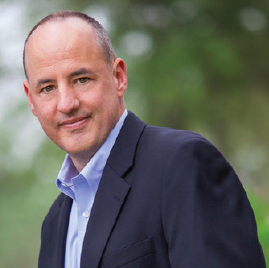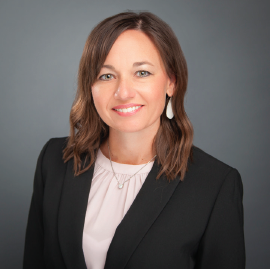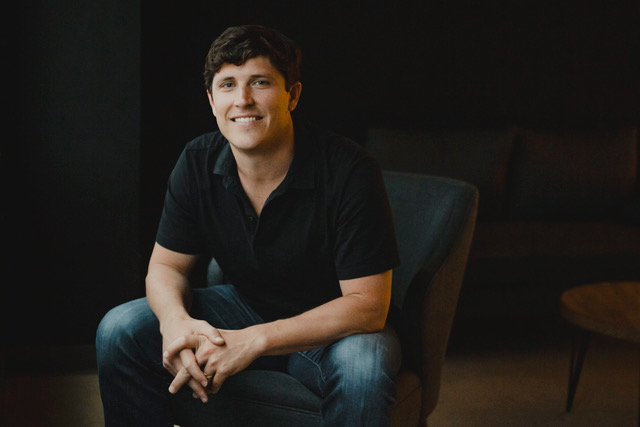
A year ago, Anna Pobletts and Cole Hecht hatched the idea for Passage, a passwordless authentication service for a website that uses biometrics.
They were both working at an Austin-based cybersecurity company when they decided to launch their own venture. This week, Passage emerged from stealth operations and launched its beta, and announced $4 million in seed-stage funding led by LiveOak Venture Partners with participation from Next Coast Ventures, Tau Ventures, Secure Octane, and various angel investors.
Today, everything online requires a password from airline reservations to banking applications, subscription services, and retail shopping sites.
The problem is consumers often use the same password across multiple sites and that increases their vulnerability to hackers.
The cybercrime problem is huge and growing. Cybersecurity Ventures expects global cybercrime costs to grow by 15 percent per year over the next five years, reaching $10.5 trillion U.S. dollars annually by 2025, up from $3 trillion in 2015.
“We want the Internet to be safer,” said Hecht, Passage’s Co-Founder and Chief Executive Officer.
Passage’s solution relies on biometrics, face, and fingerprint authentication to access websites online, Hecht said.
“It’s a unique time,” Hecht said. Today, more and more people are familiar with biometrics because they have smartphones and computers that rely on facial recognition or fingerprints to access the devices.
“We have great biometric devices in our pockets,” he said. Passage has created an application that allows web developers to build that technology into websites. Passage allows users to log in to web applications with Face ID, Touch ID, Windows Hello, and other biometrics built into their devices.
Compared with other forms of user authentication, biometrics offer improved security and a smoother login experience for users, said Pobletts, Passage’s Co-Founder and Chief Technology Officer.
For example, a lot of consumers will abandon an online shopping cart when they go to check out because they forgot their password. Passage’s system allows for easy authentication through biometrics and allows businesses to reduce cart abandonment, user churn, and password-related support costs, Pobletts said. Biometrics also eliminates phishing and account takeover attacks and reduces the risks of a breach when businesses store and manage passwords, she said.
With the new financing, Passage plans to introduce its application to more developers, and it also plans to hire more employees, Hecht said. The company has 5 full-time employees, and they work out of an office at WeWork University Park.
“Consumers are getting really comfortable using biometrics on mobile devices,” Hecht said. The biometric identification only exists on the smartphone or laptop the person is using to access the website.
“It is only tied to the device,” Hecht said.
Passage allows developers with a few lines of code to enable their users to register and log in to websites with only their face or fingerprint, Hecht said.
“Passage is poised to change the fundamental way we interact with the Web,” Creighton Hicks, Partner, LiveOak Venture Partners, said in a news release. “Imagine a world where you seamlessly signup, login, and checkout online – no matter which device you’re on, without having to remember or lookup your password.”
Passage is excited to lead the way for developers wanting to implement better authentication for their users, Pobletts said.
In the next few years, biometric authentication will become commonplace online, Hecht said.
“Passage makes biometric passwordless authentication accessible to all developers and makes the open-source standard WebAuthn easy to integrate in any environment,” Chris Aniszczyk, CTO, Linux Foundation, said in a statement. “Improving security practices should be top of mind for everyone and I highly encourage all developers to support passwordless authentication in their applications.”












